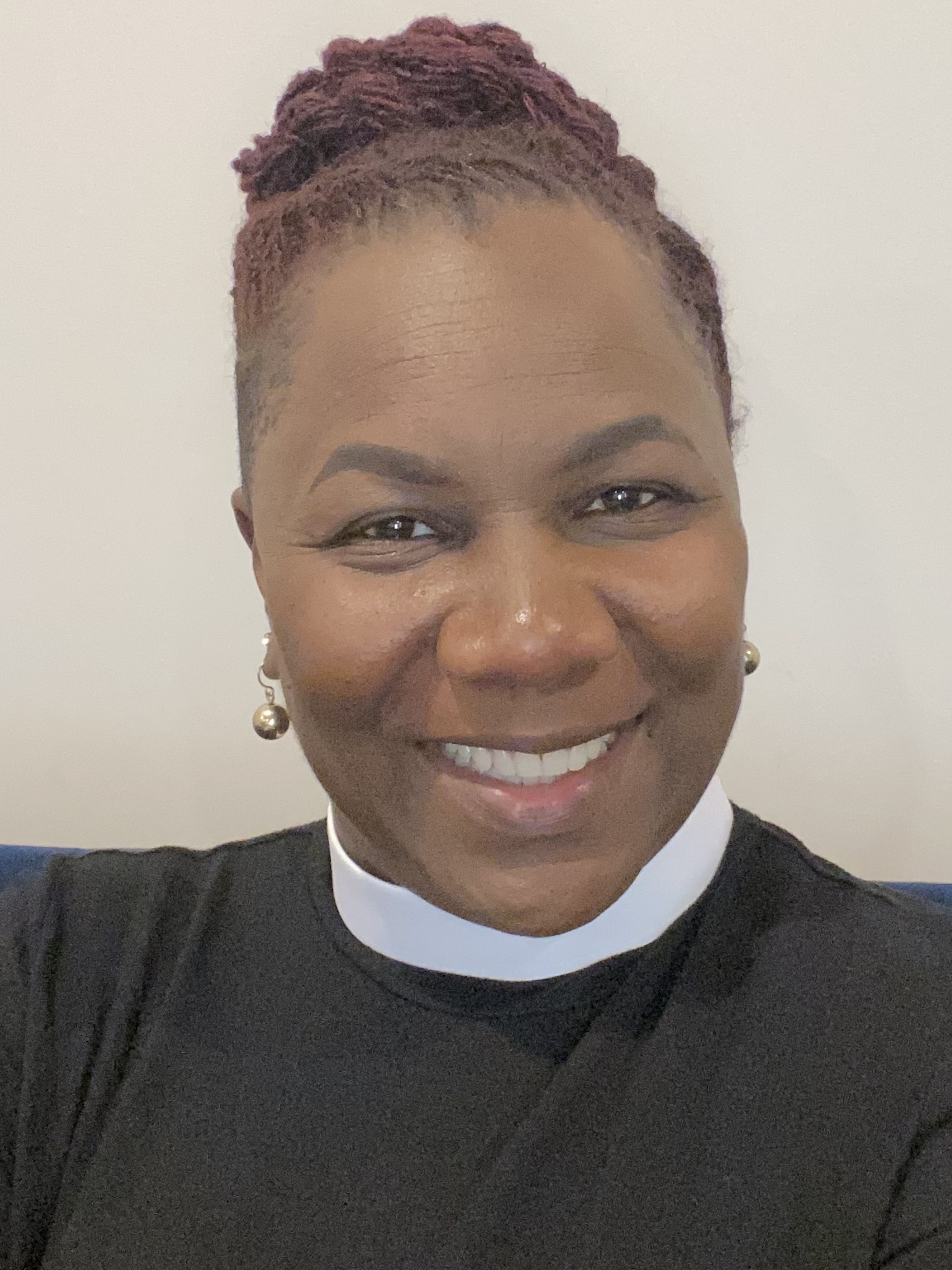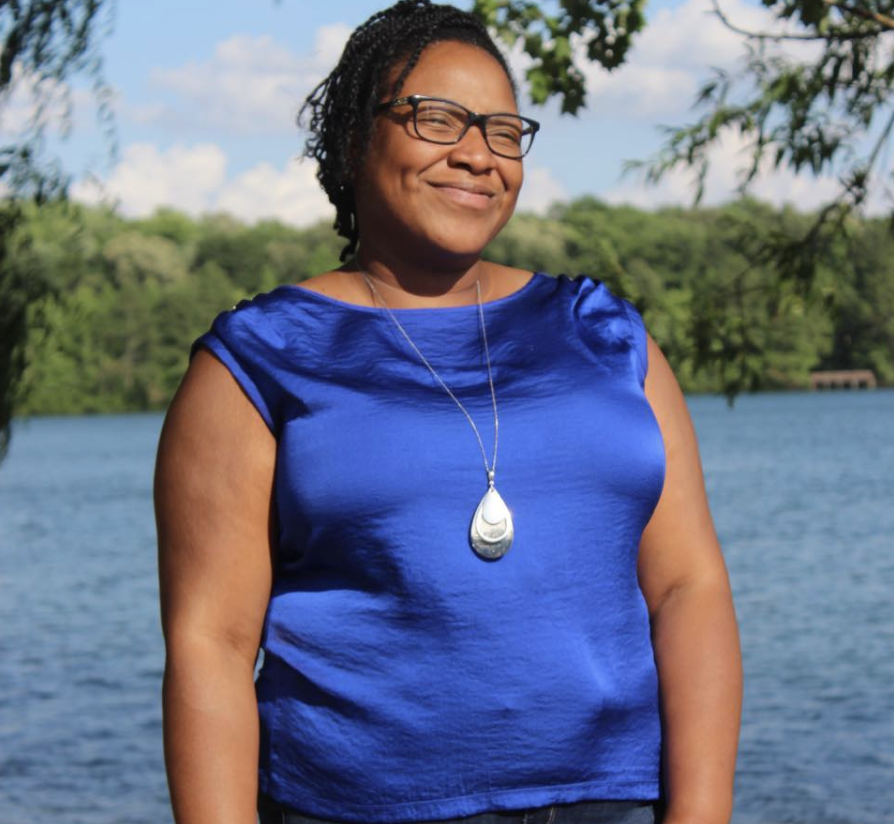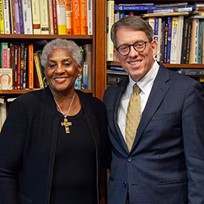Now is the Time: Reengagement with the African Diaspora
Dr. Levar Smith, Guest Editorial
We live in unprecedented times. Framed by political and racial insensitivities, global pandemics, and economic decline, it appears that our world faces insurmountable challenges. And yet, African peoples throughout the Diaspora have endured such challenges, from slavery, colonialism, independence movements, and civil rights with a level of hope and optimism emblematic of a faith in a higher power and belief in ourselves. From political protests encouraging the release of Nelson Mandela in South Africa to global support across the Diaspora for Black Lives Matter, our shared passion for the ideals of justice, equality, and freedom continue to guide our collective unity. The recent appointments of Kamala Harris as Vice President of the United States, Linda Thomas-Greenfield as US Ambassador to the United Nations, and Ngozi Okonjo-Iweala as Director General of the World Trade Organization serve as clear examples of how leaders of African descent are poised to play an influential role in the shaping of our world in the 21st century.
Yet despite our symbolic and moral victories, there is more work to be done to provide greater prosperity to African American communities and the broader African Diaspora. Despite the growth of an African American middle class and social mobility because of greater educational attainment, a recent report by the Brookings Institution found that the income gap between African American and white communities has widened in recent years, while similar economic disparities remain in employment, healthcare, education, and housing. Even with the commitment of the new Biden administration to advance racial equity by closing the racial wealth gap, the more immediate challenges of the COVID-19 pandemic and its effects on the economy will continue to impede the ability of government to create effective policies in the short-term.
In this moment, African Americans must look to the African Diaspora as both a source of inspiration and a path to economic prosperity, wealth accumulation, and social mobility. As a recent article by the Council on Foreign Relations suggests, while African American businesses continue to struggle with access to financing in their home countries, the potential to export their skills and capital investment is becoming more favorable in African countries like Ghana, Senegal, South Africa, Rwanda, and Kenya.
In a banner year of tourism of African Americans to the continent, the success of Ghana’s Year of Return in 2019 which netted the country an estimated 1.8 billion in revenue, other African countries have followed suit in inviting members of the Diaspora to return home. Similar plans are currently underway in Liberia, a country founded by freed African American slaves to commemorate its 200-year independence.
As a continent with more than four trillion dollars in untapped economic potential resulting from the urbanization of cities like Lagos and Kinshasa by 2050, it seems ideal that African American business owners would be well prepared to scale their companies while providing social impact. Several African American owned companies such as VentureLift Africa and SouthXSouth Consulting are leveraging opportunities to collaborate with African entrepreneurs while creating the African Declaration of Interdependence, a set of ethical business practices drawing on the importance of African Americans having a voice in the continent’s political and economic future.
By emphasizing the role of the Diaspora in the development of the continent, the African DOI reemphasizes the legacy of corporate social responsibility reflected by the Sullivan Principles adopted by American corporations in the 1980s. As addressed by former US Ambassador to Nigeria Howard Jeter, the opportunity to build institutional linkages that join Africa and the Diaspora in addressing common problems is essential in providing hope for people on both sides of the Atlantic.
With the political and moral support of powerful and dynamic institutions such as the African Methodist Episcopal Church, National Urban League, National Black Chamber of Commerce, National Association for the Advancement of Colored People, and the Congressional Black Caucus, African American businesses and entrepreneurs can showcase the best the Diaspora has to offer while improving possibilities for economic advancement here at home and abroad.
Levar Smith
Assistant Professor
Department of Political Science
Morehouse College





